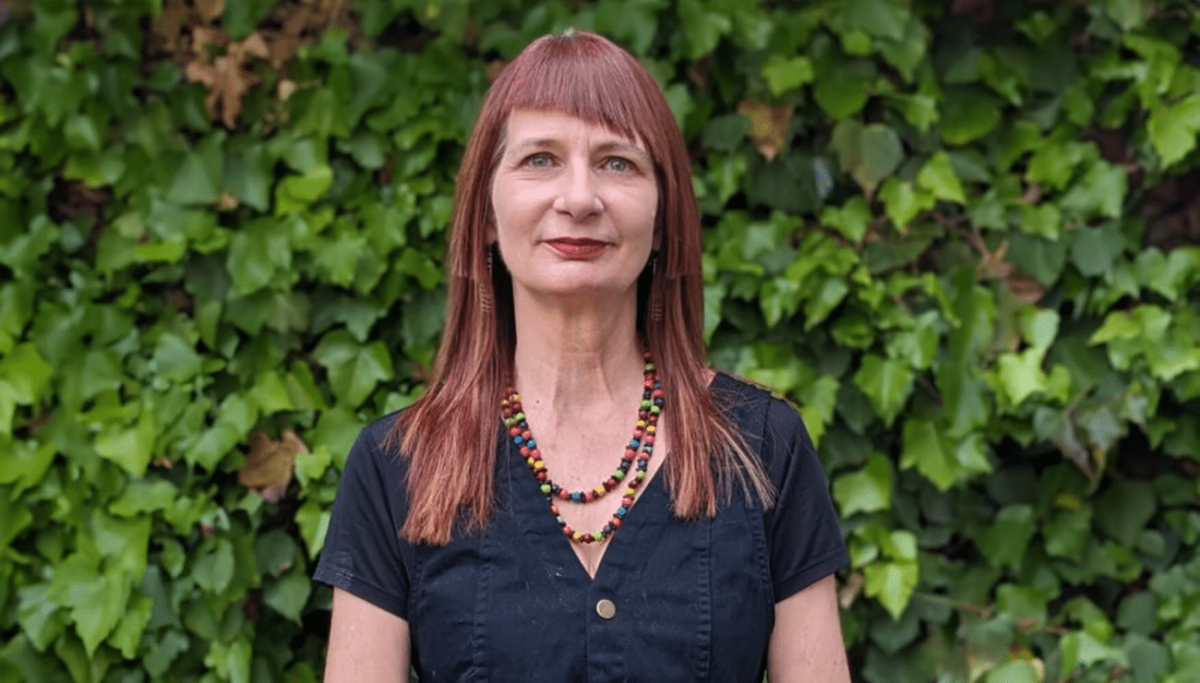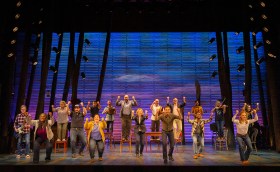Cultural leaders are more than just arts administrators – they’re people who play an active role in shaping not only the culture of their institutions, but the culture of the country.
At the National Institute of Dramatic Art (NIDA), Amanda McDonald Crowley is responsible for training those seeking to step up into this important role.
‘At NIDA, we define cultural leadership by thinking about practitioners in the broader field of arts and culture who are positioning themselves to be changemakers and leaders. It’s beyond administration and beyond management – it’s actually thinking about how our leaders not only guide culture, but make culture by working with practitioners,’ says McDonald Crowley, the Course Leader of NIDA’s Master of Fine Arts (MFA) in Cultural Leadership.
Such leaders also work closely with communities – not just the artists who present in their galleries and theatres, but the audiences who attend such works too.
‘As cultural leaders, we position ourselves in a place where we support artists to make work, but we’re also facilitating a relationship between artists and their audiences,’ McDonald Crowley says.
‘When you look at lots of management or business leadership courses, they’re actually giving people management and business expertise to take their careers to the next level. But this course is really thinking about the fact that arts and culture are essential for making changes to the way that we all exist in the world. Our cultural leaders don’t just manage culture, they shape it and frame it,’ she tells ArtsHub.
Open to applicants from all sectors, not just the performing arts, the MFA Cultural Leadership is ideal for mid-career creative professionals who are ‘looking for something to really help them refine who they are and what they do,’ according to Geelong Arts Centre CEO and Creative Director Joel McGuinness, an alumnus of the program.
McDonald Crowley notes that NIDA’s MFA Cultural Leadership provides participants with the tools and expertise to think about what leadership means in the modern world.
‘One of the things that’s super interesting about this program is that “First Nations first” thinking is embedded in the course – it’s not an add-on. Thinking about social justice and environmental justice is also embedded in everything,’ she explains.
An intensive program delivered part-time over 30 months, NIDA’s MFA Cultural Leadership covers such fundamental topics as governance, persuasive communication and cultural policy in its first 12 months, and sustainability and advocacy in the subsequent 18 months, including an international case study that ensures all participants are attuned to global trends in the sector.
Studying part-time, in light of the fact that participants are already gainfully employed in the sector, MFA participants undertake the course both online and at NIDA’s Sydney campus.
‘Something that I think is so interesting about the program is that everything focuses on a research-based practice. And by that, I mean that thinking beyond just an art-historical perspective is embedded in everything that we do,’ says McDonald Crowley, who relocated from the US back to Australia to lead NIDA’s MFA Cultural Leadership.
‘We focus and encourage a cross-disciplinary and cross-sector approach to leadership. That may be in the arts and sciences, it may be across the medical field, it could be across social justice issues, but it’s really thinking about how our cultural leaders embed knowledge … and how they actually create change,’ she concludes.
Applications for NIDA’s Master of Fine Arts Cultural Leadership are now open, and close on 30 October 2023.





